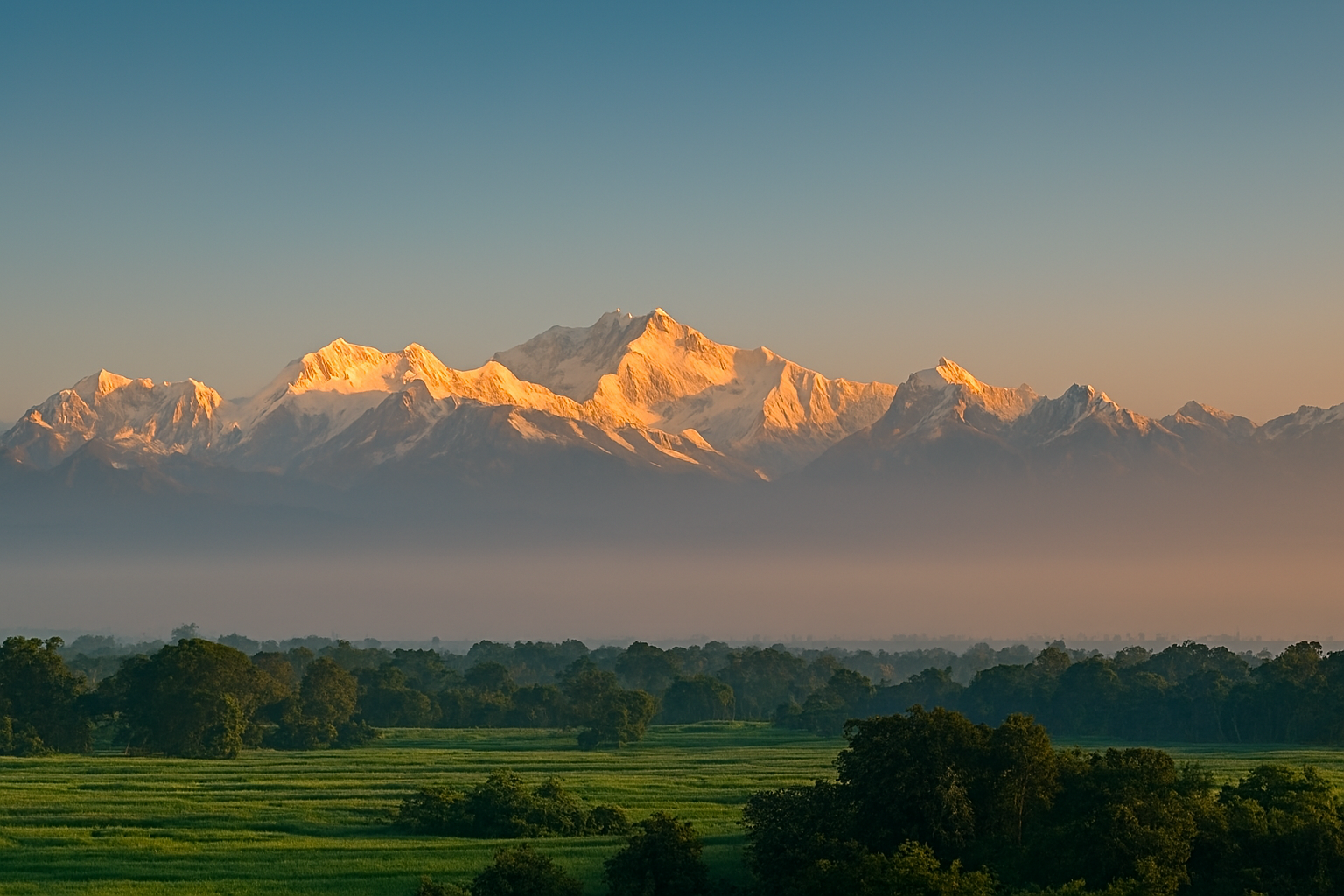Starlink Plans World’s Largest Ground Station in Gazipur

Gazipur to Become Regional Internet Hub
Starlink is set to take a bold step that could reshape the country’s digital future and establish it as a regional internet transit hub. The company has revealed plans to build the world’s largest ground station at the Hi-Tech City in Gazipur. This initiative aims to transform Bangladesh into a strategic hub for regional internet traffic, particularly for neighboring countries such as Bhutan, while also reducing reliance on Singapore, which currently handles Starlink’s services for the Himalayan nation at higher costs and slower speeds.
Starlink’s Existing Presence in Bangladesh
Starlink is no stranger to the country’s connectivity landscape. According to recent reports, the company has already established four local gateways in Bangladesh to serve its growing domestic customer base. These gateways provide faster, more reliable internet coverage and mark Starlink’s initial investment in building physical infrastructure across the country.
The four operational gateways have played a crucial role in offering low-latency satellite internet to users in both urban and rural areas. With demand for high-speed connectivity rising, Starlink Bangladesh has rapidly positioned itself as a competitive player alongside existing telecom and broadband providers.
The Gazipur Ground Station: A Regional Game-Changer
Starlink’s proposal to construct the world’s largest ground station in Gazipur’s Hi-Tech Park goes beyond domestic expansion. The primary goal is to export internet services from Bangladesh to nearby countries, starting with Bhutan. Currently, Bhutan’s Starlink services are routed through Singapore, resulting in higher operational costs and increased latency. By shifting these traffic routes to Bangladesh, Starlink Bangladesh will not only lower costs for Bhutan but also position the country as a central data transit hub for South Asia.
Industry experts believe this development could attract other regional players to connect through Gazipur. Nepal, the Maldives, and even parts of India may eventually benefit from the hub. For Bangladesh, this presents an opportunity to tap into new revenue streams from international data transit and bandwidth sales.
Starlink’s Proposal to BTRC
In a letter addressed to the Bangladesh Telecommunication Regulatory Commission (BTRC), Starlink Bangladesh outlined several requests necessary to implement the project.
Bandwidth and IPLC Purchases: Starlink sought approval to purchase bandwidth and International Private Leased Circuit (IPLC) services from local providers such as Summit Communications, Fiber@Home, and Bangladesh Submarine Cable Company Limited (BSCCL).
Traffic Filtering: The company also requested that government filtering should not be applied to international traffic routed through the Gazipur ground station. However, Starlink Bangladesh confirmed that all domestic services would continue to comply with existing national laws, content restrictions, and security regulations.
The proposal is currently under review by BTRC, which has confirmed that a decision will be made after assessing the technical feasibility and the long-term strategic interests of Bangladesh.
Why Bangladesh Is Attractive for Starlink
Bangladesh offers several advantages that make it a natural choice for Starlink’s regional hub:
Geographic Location: Positioned at the heart of South Asia, Bangladesh offers proximity to markets like Bhutan, Nepal, and eastern India.
Strong Fiber Backbone: With infrastructure provided by BSCCL, Summit, and Fiber@Home, the country already has a reliable fiber-optic backbone to support global connectivity.
Policy Support: Bangladesh has prioritized digital transformation, with policies promoting ICT, connectivity, and data services.
Growing Domestic Market: The success of the four existing Starlink gateways shows the country’s growing demand for high-speed internet, reinforcing confidence in further investments.
Economic Impact for Bangladesh
If approved, the Gazipur ground station could have far-reaching benefits for Bangladesh’s economy.
New Revenue Streams: By becoming a data transit hub, Bangladesh could earn significant income through bandwidth exports to neighboring countries.
Job Creation: The construction and maintenance of the ground station would create new jobs in engineering, IT, and operations.
Boost to Digital Bangladesh Vision: This project aligns with the government’s Digital Bangladesh strategy, enhancing the country’s global reputation in ICT.
Attracting Foreign Investment: Successful implementation could attract other international tech companies to consider Bangladesh as a regional base for their operations.
Concerns and Challenges
While the project holds great promise, there are also concerns that need to be addressed:
Regulatory Compliance: Ensuring Starlink complies with all local laws and security protocols is essential.
Data Security: The request to exclude international traffic from government filtering raises questions about oversight and security.
Competition with Local ISPs: Local internet providers may worry about losing market share if Starlink dominates both domestic and international segments.
Infrastructure Costs: Building the world’s largest ground station requires significant investment, and its long-term sustainability depends on strong demand from regional partners.
Industry Reactions
Telecom industry insiders have welcomed the proposal, viewing it as a step forward for Bangladesh’s digital economy. Experts note that if Starlink Bangladesh succeeds in positioning Gazipur as a South Asian internet hub, the country could gain influence similar to how Singapore functions as a regional connectivity center.
However, analysts also caution that clear regulatory frameworks will be key to avoiding disputes between Starlink and existing domestic telecom operators. A collaborative approach could ensure mutual benefits and fair competition.
Looking Ahead
If BTRC approves the project, construction of the Gazipur ground station could begin later this year. Once operational, it would mark a historic milestone, not just for Starlink Bangladesh but for the country’s broader digital ambitions.
For Bangladesh, this is more than an infrastructure project—it is a chance to redefine its role in global connectivity. By becoming a bridge for internet services in South Asia, the country can secure a place on the global digital map, diversify its economy, and inspire further innovation in ICT.
The planned ground station at Gazipur represents a bold vision for both Starlink and Bangladesh. With Starlink Bangladesh already operating four local gateways, the new hub would expand the company’s role from serving domestic needs to exporting connectivity across borders.
If successfully implemented, this initiative could transform Bangladesh into a regional internet powerhouse, generating revenue, jobs, and recognition. While regulatory hurdles and infrastructure challenges remain, the project symbolizes a new chapter in Bangladesh’s journey toward becoming a digital hub of South Asia.







